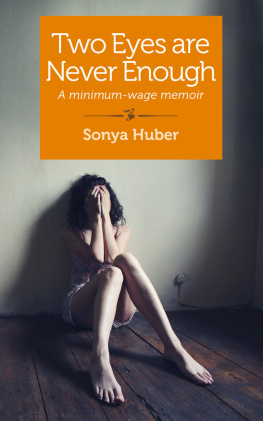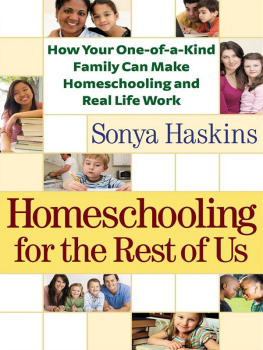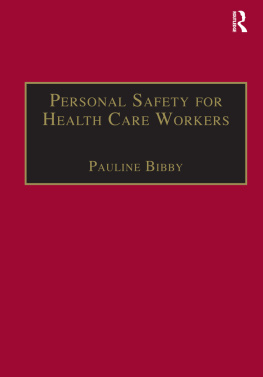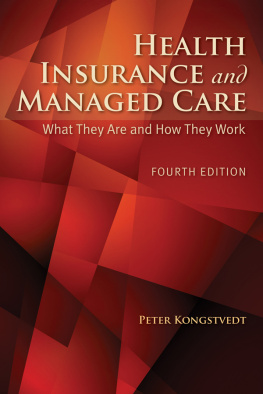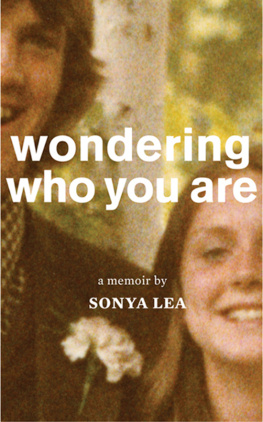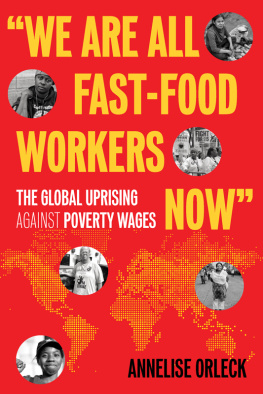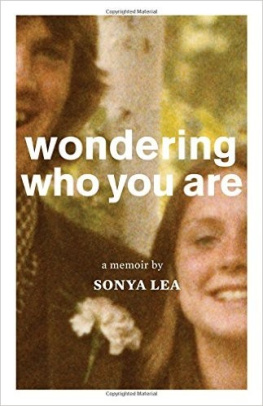Sonya Huber - Two Eyes are Never Enough: A minimum-wage memoir
Here you can read online Sonya Huber - Two Eyes are Never Enough: A minimum-wage memoir full text of the book (entire story) in english for free. Download pdf and epub, get meaning, cover and reviews about this ebook. year: 2014, publisher: She Writes Press, genre: Home and family. Description of the work, (preface) as well as reviews are available. Best literature library LitArk.com created for fans of good reading and offers a wide selection of genres:
Romance novel
Science fiction
Adventure
Detective
Science
History
Home and family
Prose
Art
Politics
Computer
Non-fiction
Religion
Business
Children
Humor
Choose a favorite category and find really read worthwhile books. Enjoy immersion in the world of imagination, feel the emotions of the characters or learn something new for yourself, make an fascinating discovery.
- Book:Two Eyes are Never Enough: A minimum-wage memoir
- Author:
- Publisher:She Writes Press
- Genre:
- Year:2014
- Rating:5 / 5
- Favourites:Add to favourites
- Your mark:
Two Eyes are Never Enough: A minimum-wage memoir: summary, description and annotation
We offer to read an annotation, description, summary or preface (depends on what the author of the book "Two Eyes are Never Enough: A minimum-wage memoir" wrote himself). If you haven't found the necessary information about the book — write in the comments, we will try to find it.
Sonya Hubers memoir takes us behind the scenes in one of the most invisible professions in the United States: direct care. Huber went into the field of direct care work in mental health hoping to make a difference in the lives of teenagers, and planning for a career in social work. What she encountered was startling and revealingdangerous and unhealthy conditions, poverty wages, and work that took a heavy emotional toll. Melding reporting with personal experiences, she searches for possible solutions for workers and clients alike, bringing to light a profession that serves our most vulnerable population with some of the most stressed-out workers. Humane and beautifully written, this memoir will make everyone stop and think about how we care for each other in this culture.
Sonya Huber has written two books of creative nonfiction, Cover Me: A Health Insurance Memoir (University of Nebraska Press, 2010), finalist for the ForeWord Book of the Year; and Opa Nobody (University of Nebraska Press, 2008), shortlisted for the Saroyan Prize. She has also written a textbook, The Backwards Research Guide for Writers: Using Your Life for Reflection, Connection, and Inspiration (Equinox Publications, 2011). Her work has been published in literary journals and magazines, including Brevity, Creative Nonfiction, Fourth Genre, Crab Orchard Review, Hotel Amerika, The Chronicle of Higher Education, and the Washington Post Magazine. Her essays have received the 2013 Creative Nonfiction Award from Terrain and will appear in the forthcoming book, The Best of Creative Nonfiction. She teaches in the Department of English at Fairfield University and in the Fairfield Low-Residency MFA Program. Visit her at www.sonyahuber.com.
This is a short e-book published by Shebookshigh quality fiction, memoir, and journalism for women, by women. For more information, visit shebooks.net.
Sonya Huber: author's other books
Who wrote Two Eyes are Never Enough: A minimum-wage memoir? Find out the surname, the name of the author of the book and a list of all author's works by series.

